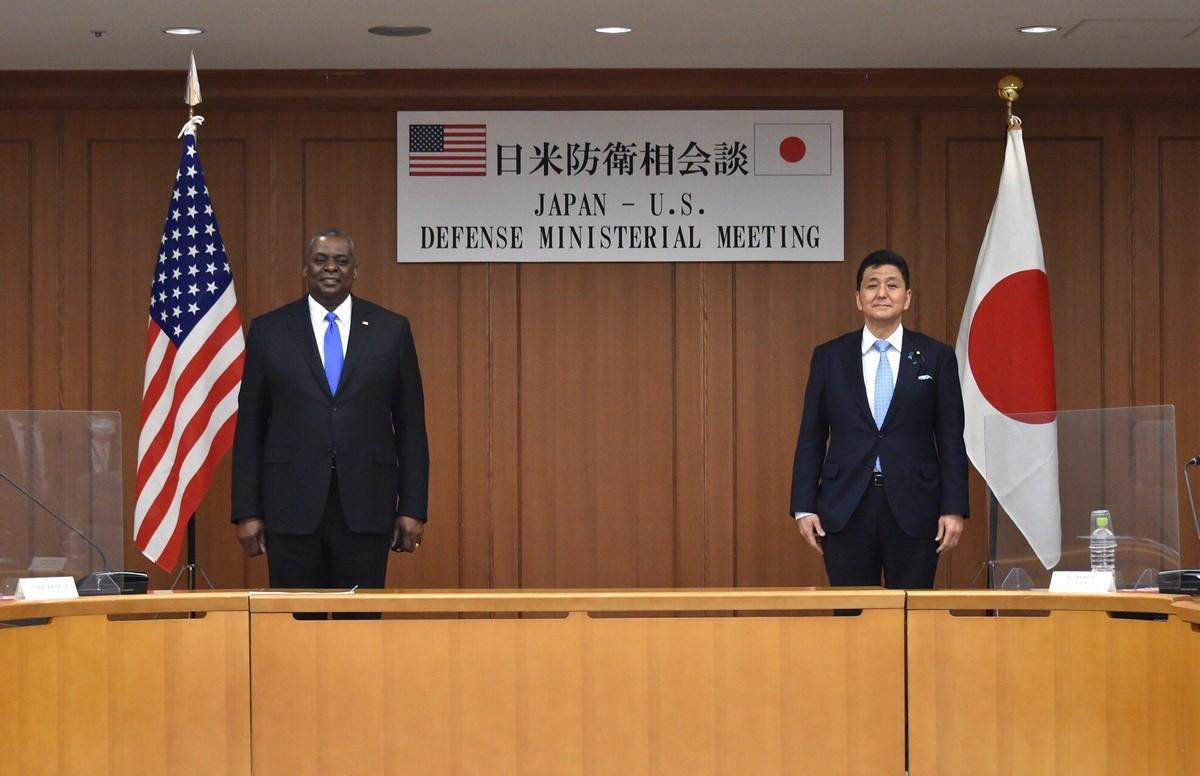According to a recent comprehensive media report, Japan's recent anti-China moves of "jumping up and down" have caused strong dissatisfaction in China, and the Chinese foreign minister directly warned Japan to "not stretch your hands too long" during the call with the Japanese foreign minister. From the outside world, it seems that the Japanese government is "foxy and tiger" in the context of the deterioration of relations between the United States and the European Union and China, but some experts on international issues have noticed that there is now a clear tendency in Japanese political circles and public opinion to "live up", that is, it is Japan's turn to "save" the United States, which is troubled at home and abroad, and to build a solid US-Japan alliance against China.

Even the far-right elements in Japan cannot deny that the United States is now "troubled at home and in external difficulties." U.S. GDP growth was -3.5 percent in 2020, shrinking for the first time since 2009 and a new low since 1946. At the same time, the number of unemployed people in the United States has increased significantly, and the number of poor people has soared by more than 8 million in the second half of 2020 alone. Of course, the data in Japan is even worse, with the Bank of Japan estimating real economic growth of -5.6% in fiscal 2020 in January 2020. Japan's average complete unemployment rate in the same year was 2.8%, up 0.4 percentage points from the previous year. This is the second time since 2009 that Japan's unemployment rate has deteriorated after 11 years.
The number of completely unemployed in Japan increased by 290,000 from 2019 to 1.91 million. 2.56 million people suspended their jobs, the highest since 1968. On a phone call in February this year, U.S. Treasury Secretary Janet Yellen said that he would deepen economic and financial cooperation with Japan, the purpose of which is to help the U.S. economy out of the COVID-19 crisis by cooperating with Japan. Although Japan itself is also troubled at home and abroad, it can really be described as "flattered" to hear the Americans' "help", and it is natural to come alive.
The two countries reached a trade agreement in 2019, which entered into force on January 1, 2020. Japan has reduced tariffs on about $7 billion worth of U.S. agricultural products, mainly beef and pork, while Tariffs on air-conditioning parts, fuel cells and other products exported by Japan to the United States have also been eliminated. The United States and Japan have never been equal in terms of market openness, which is why Biden's predecessor Trump always felt taken advantage of by Japan.
The United States has opened up to Japan by 92%, while Japan's market to the United States has only 84%, and it is mainly concentrated in agricultural and animal husbandry products. But Biden, unlike the "America First" Trump, does not advocate high tariffs to protect his own market while supporting open markets. The Biden administration's trade policy will help Japanese products further penetrate the US market, and tariffs on Japanese cars and auto parts will be greatly reduced. However, Trump's power has not disappeared in the United States, and Japan thinks that relying on biden's "big tree" will be smooth in the future, I am afraid that it is a miscalculation. Text/PY